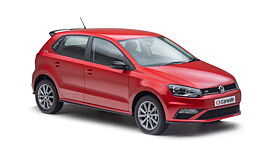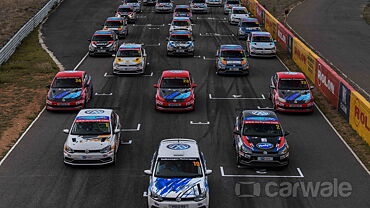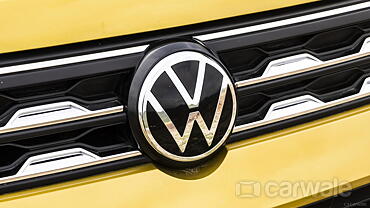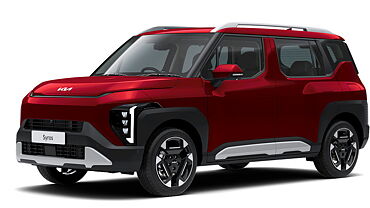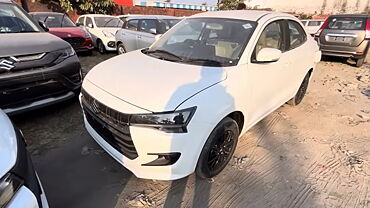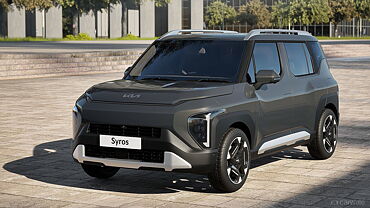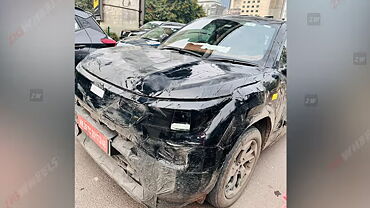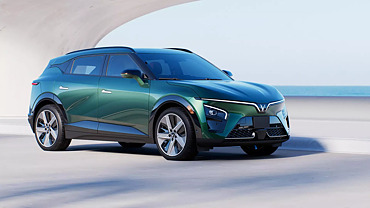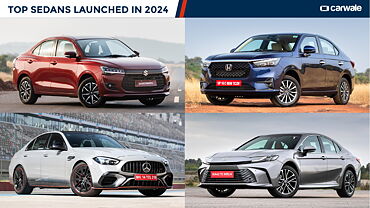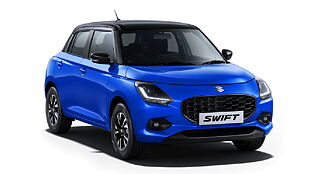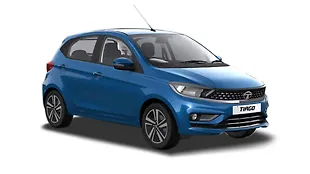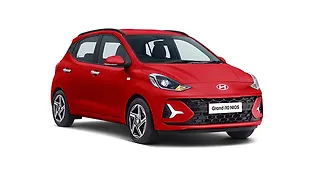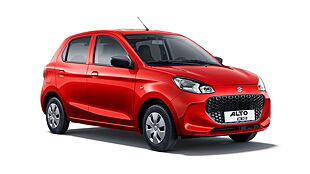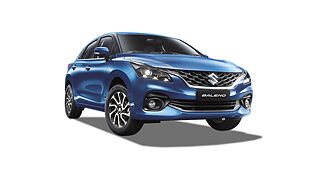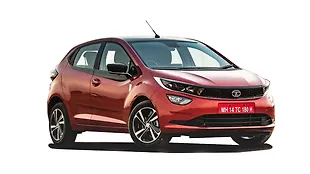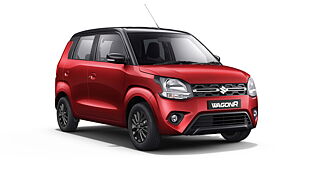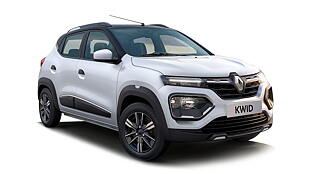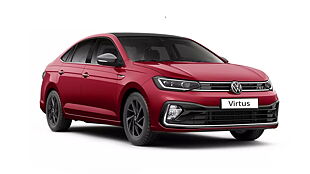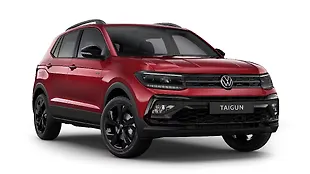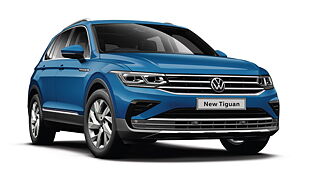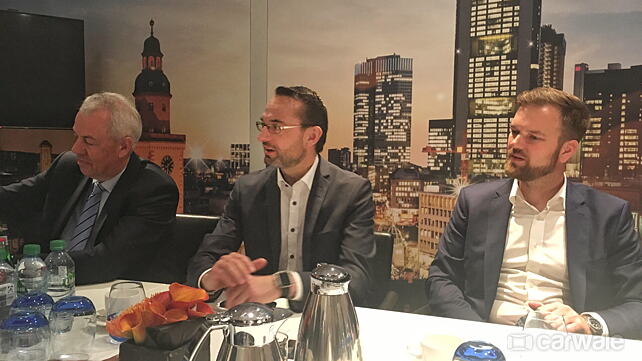
The world has entered a new automotive age with the dawn of the electric car and one of the driving forces behind this growth is Volkswagen. We wanted to know more about the German automaker’s plans. To find out more, we got in conversation Christian Senger, the chief and driving force behind Volkswagen e-mobility during the recently concluded 2017 Frankfurt Motor Show. Here are some of the excerpts from the interview.
Affordable and good looking electric cars
Volkswagen had been one of the pioneers when it came to making the people’s car with the Beetle well over 70 years ago. “Our aim is to replicate this success with its ID brand and will thus make electric cars across the pricing spectrum, but at the same time make them good looking as well”, said Christian.
In this regard the company has already developed a common platform (MEB) and this is being used by them to make budget models while Audi will develop the luxury EVs.
Why 2020 and not now?
“The VW group has its sights set on 2020 rather than right now as the regulations will change at that time making a more suitable environment for electric vehicles. This major change will be due to an EU regulation that states the fleet average to be achieved by all new cars is 95 grams of CO2 per kilometer and this is something that only can be achieved with electric vehicles,” said Christian. When you do the math, this means a fuel consumption of around 4.1 l/100 km of petrol or 3.6 l/100 km of diesel.
Biggest challenge facing the EV industry in terms of development
“Currently, the biggest challenge faced by the electric vehicle industry is that the vehicles don’t have enough range and that there isn’t proper infrastructure to support the existing EVs,” said Christian The solution, he felt, is that with advancement of battery technology the range will increase thus, not needing to develop so much infrastructure. However, he added that VW’s aim with regard to developing the infrastructure would be to get it to a point where one could charge a car in 30 minutes to get a 500km range.

Addressing the issue of battery technology
Volkswagen was working on developing solid state batteries which would be far more efficient and compact in comparison to the lithium-ion batteries of today, He said and added that we must also make the battery system scalable so that it can be adjusted for the vehicle it is destined for.
To put this in simpler terms, just as we have engine families today, there must, in the future, be a family of batteries whose existence must come about through common development. There are plans afoot to create a supercharger network in the US and EU which will greatly help in the advancement of electric cars.
Impact on the environment
Christian said that in the future when, Volkswagen begins producing EVs on a mass scale, there would be lesser parts to produce as the electric vehicles of the future would have lesser moving parts.
If you add all of this up, it means lesser and shorter production times. The batteries will go through leasing cycles of three years each before being put into private use for purposes like wall chargers or super chargers. Such kind of purpose indicates a 50 year life for the battery and with the advancement of technology who knows how much further that may go.
Volkswagen EVs for India
Christian indicated that it was currently too complicated to bring EVs and autonomous driving to our cities. However, he also indicated that it was possible for them too look into autonomous parking and such kind of facilities out on the highways.

